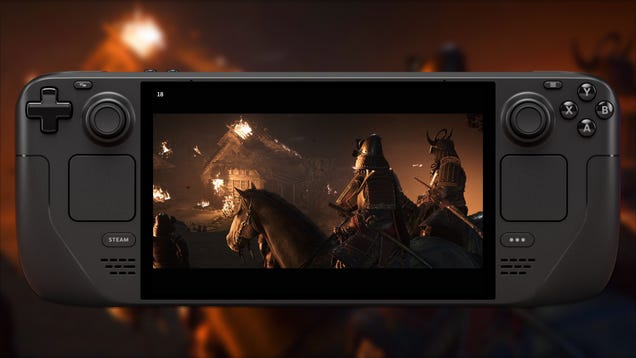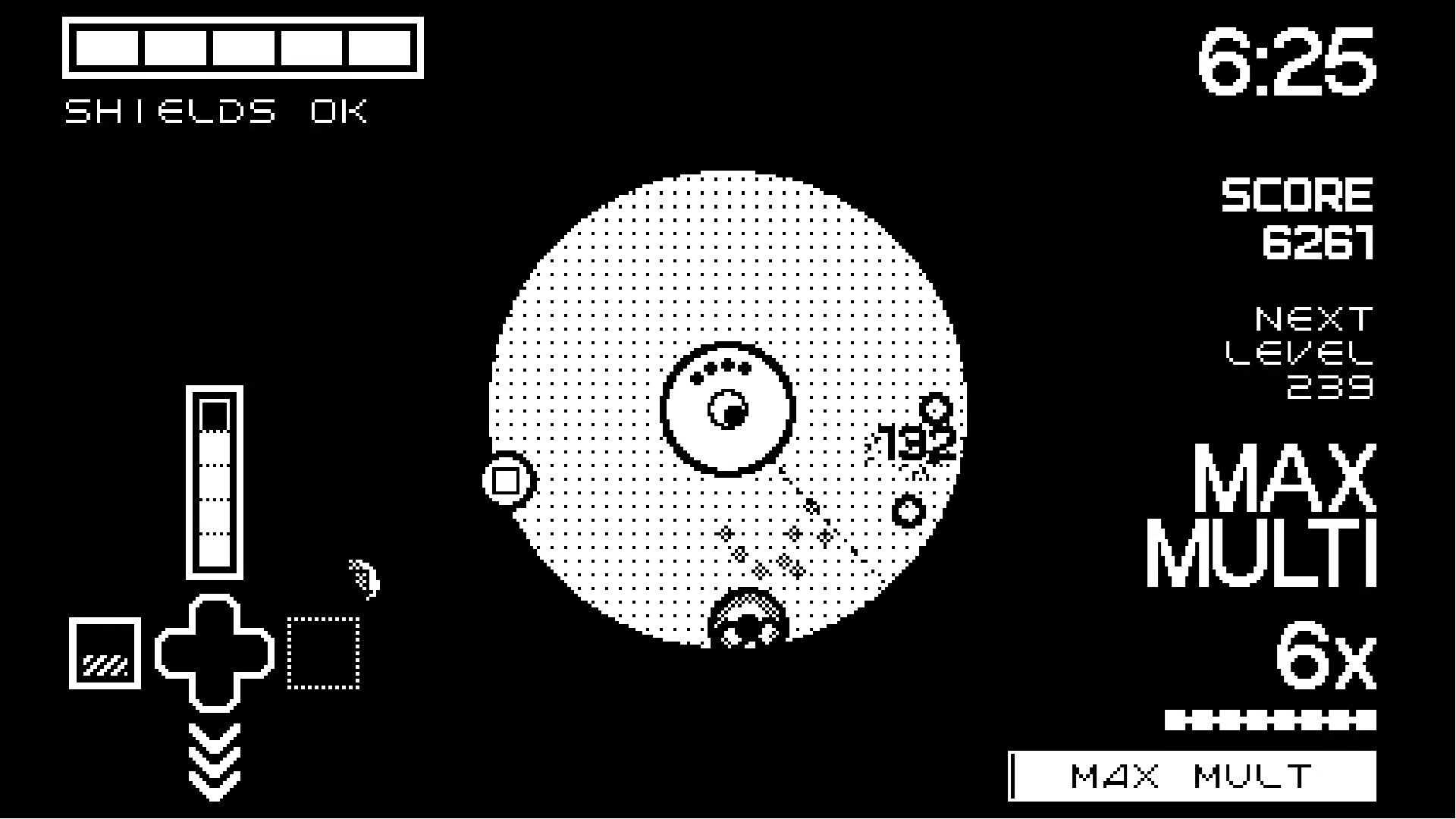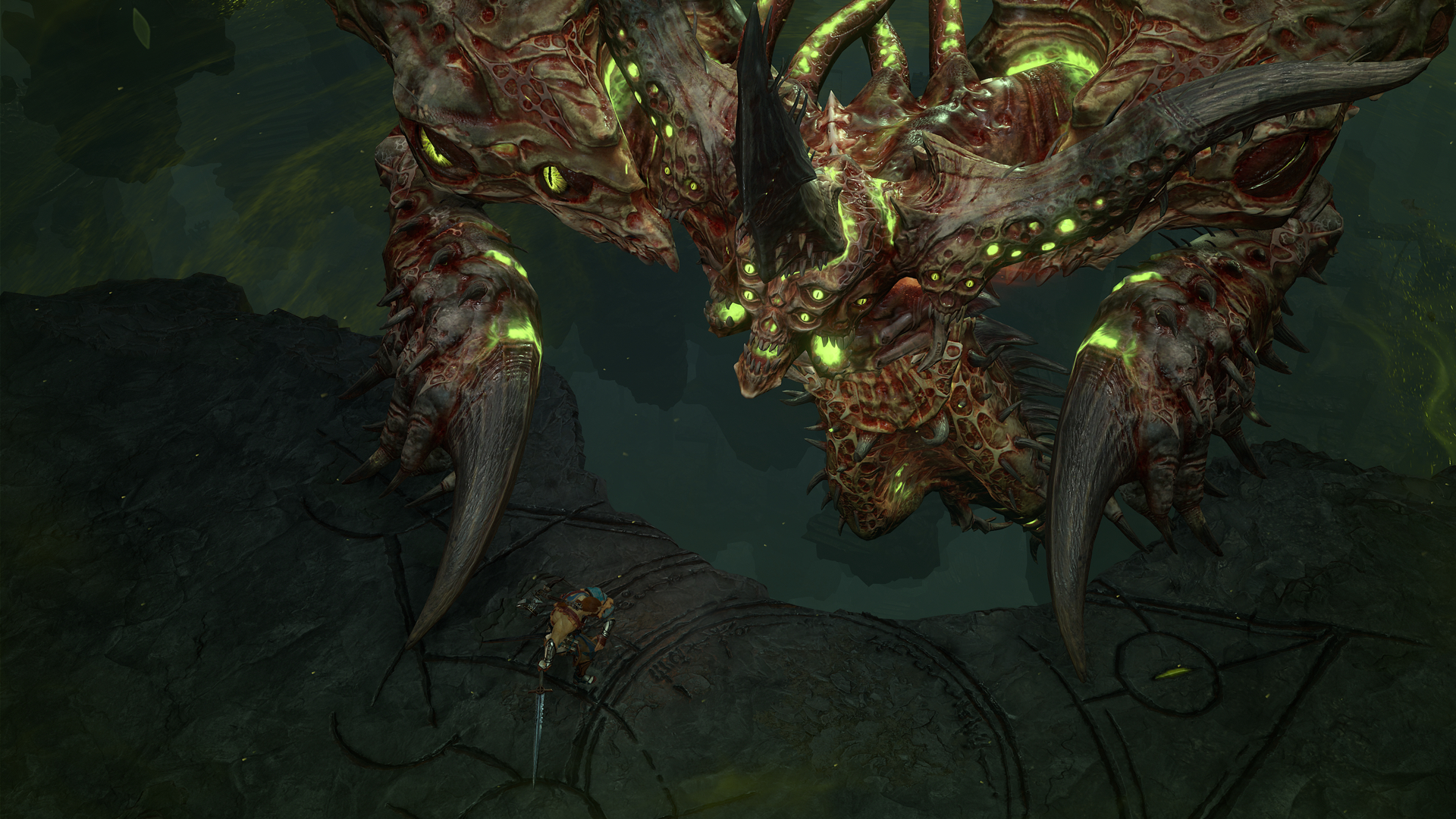
Diablo 4: Vessel of Hatred Review
Diablo 4 was one of my favorite games last year, so I’ve had high hopes for Vessel of Hatred, the first expansion to developer Blizzard’s demonic ARPG. Fortunately, this action-packed crusade through the muck and mire of Nahantu’s forests and swamps is exactly what the plague doctor ordered, even if there isn’t as much meat on the bones as I’d hoped. In fact, the truncated campaign, unfinished story, and modest amount of endgame content make this expansion feel more like a prologue in some ways. But the quality of life improvements, changes to the meta, debut raid activity, and fantastic new character class are all so dang good that I’m happy to continue grinding XP and claiming shiny loot for several hundred more hours.
Vessel of Hatred picks up right from the maddening cliffhanger the base campaign left us dangling at, with the Daughter of Hatred now dead and a young adventurer having spirited away a soulstone that contains one of heaven’s most wanted demons: Mephisto. Throughout this roughly six-hour story, you’ll watch the dominos fall as the manifestation of pure evil inches ever closer to what seems like an inevitable resurrection… but things wrap up well before reaching any kind of climax, leaving us with yet another cliffhanger (one it seems we’ll be stuck with for some time). That makes the campaign the weakest part of the expansion, and although the lore, characters, and few substantial plot developments we do get are all extremely compelling, there are simply too few of them with precious little payoff to boot.
What we said about Diablo 4
Diablo 4 is a stunning sequel with near perfect endgame and progression design that makes it absolutely excruciating to put down. The story is a pretty big disappointment despite still being a noticeable improvement over Diablo 3 and there are some annoying bugs that need squashing, but the combat, the loot game, and both the sights and sounds of this world are impressive enough to smooth over those rough edges. Diablo 4 takes the strategy of refining things the series already did so well rather than giving it a more substantial overhaul, and that careful and reverent path has shaped this massive sequel into one of the most polished ARPGs ever created, which makes slicing through the legions of the damned a hell of a good time. – Travis Northup, May 30, 2023
Score: 9
Read the full Diablo 4 review.
Thankfully, the stuff you’re actually doing during and beyond what scraps of story we’re served up are as exhilarating as Diablo 4 has ever been. Just about everything – from the changes to leveling and the loot system, to the added dungeons and side quests – is beyond fantastic. Rune words, a returning feature that lets you put special enchantments on your equipment, adds yet another layer to buildcrafting that I adore, and smashing through the Kurast Undercity, a time-attack dungeon that’s infinitely replayable and great for farming endgame loot, easily devoured my evenings. Not every task hits the mark, like the seasonal Realmwalker activity that has you slowly follow around a big, dumb monster while you wait for him to reach his final destination before you can finally kill him, but hacking and slashing through the compelling Nahantu region of Sanctuary that’s been stapled onto the southern part of the map is rarely dull.
I especially enjoy the changes to the leveling system, which now caps out at 60 instead of 100, then gives you 300 levels of overleveling to invest in insanely complex paragon perk trees. The result of this shortened climb is that you get into the endgame much sooner, which will be very nice when making new characters each season. You get to spend more time engaging with endgame buildcrafting while creeping your way up higher world tier difficulties, earning and upgrading ever more powerful loot as you go. Whereas the previous Diablo 4 ladder-climbing journey had the occasional slow point, this streamlined version feels good all the way through to 300, and I am much more inclined to repeat that step on multiple characters and through multiple seasons as a result – something that’s likely to dramatically improve my long-term commitment to fighting off the hordes of hell.
Spiritborn has quickly become one of my favorite classes.
My favorite added mechanic is the mercenary system, which lets you recruit NPC heroes to join you on your adventures. This allows solo players to even the odds a bit with co-op groups by having a computer-controlled friend or two tag along on adventures, including Subo, the long-ranged bounty hunter who provides backup with his bow, and Aldkin, a demon child who uses her demonic powers to send your foes to the shadow realm. Not only do these faithful companions each have their own introductory quests where you learn about their history, but the longer you spend time with them, the more XP they’ll gain to unlock new abilities and other rewards.
But the most substantial new thing to dive into is the delightfully customizable character class: the Spiritborn. After spending nearly all of my time in the expansion as this class, it’s quickly become one of my favorites. This tribalistic magical warrior relies on their connection with guardian spirits, ghostly animals who imbue them with godlike power, all of which have their own memorable, unique style and set of strengths and weaknesses. The gorilla spirit is all about making you an invulnerable tank, then punishing your enemies for daring to attack you with thorns, while the wonderfully offensive jaguar will turn you into a lightning-fast, melee-swinging DPS machine (who is quite squishy). The eagle is all about mobility, and allows you to teleport around the map and make yourself incredibly hard to hit, while my personal favorite, the centipede, lets you cover large areas in poison and make yourself nigh invulnerable with life-stealing abilities.
The really cool part is, although you’re best off focusing on one or two spirits, you can mix and match any combination of the abilities each of the phantom beasts offers. So instead of having a specific set of things your class excels at, like berserking and bleed damage with the barbarian or crowd control and AoE damage with the sorcerer, you have a whole lot more options with the Spiritborn. This modularity is especially great when one build isn’t working out for you, because instead of switching to a different character, you can just respec your skills, swap out a few pieces of equipment, and instantly transform from a cautious tank into a belligerent glass cannon. Playing as the old classes still has plenty of advantages, like the fact that you can get way deeper into the weeds with those more focused playstyles, but for those who want a bit more freedom to change their mind and try different approaches, the Spiritborn is an absolute godsend.
Dark Citadel is one of the biggest highlights of Vessel of Hatred.
One of the biggest highlights of Vessel of Hatred is the new endgame co-op activity called Dark Citadel. This challenging gauntlet requires you and three friends to best devilish bosses while completing raid-like puzzle mechanics in three different wings of a deadly fortress, fighting off countless high-level enemies along the way. This is the first activity of its kind for the series and, while it definitely has all the signs of being an early attempt, is easily the best endgame activity Diablo has ever had. It makes Nightmare Dungeons and the Uber Lilith boss fight from the base game feel underwhelming by comparison.
Dividing our group between two realities and coordinating a way to take down a boss’ immunity shielding was some of the most fun I’ve had in Diablo 4, and reveling in the high-end loot made me want to run it all again. There’s plenty of room for improvement, though, as all the raid mechanics are so straightforward that our group was able to push through to the end with minimal coordination and no more than a few failed attempts at each wing. Still, it’s an extremely impressive first draft that I’m eager to see Blizzard build upon in future expansions, and it’s already without question the most fun activity to be found in an already excellent action-RPG.
With such an exemplary co-op activity to delve into, it’s very nice to see Vessel of Hatred finally bring matchmaking functionality (called Party Finder) to Diablo, allowing you to easily find a group of fellow wanderers to smash through demons with. Like you’d expect, you’re able to post or search for groups that are playing on specific world tiers, tackling certain activities, who want to talk in a party chat, and all that bog standard goodness. For folks like me, who tend to run around Sanctuary solo unless given an activity that really requires co-op, this is a really neat feature that probably should have been available long ago, but which comes at a perfect time since Dark Citadel makes partying up more of a necessity.
A year and a half into its lifespan, it’s a bit surprising that Vessel of Hatred is the most unstable version of Diablo 4 so far. It’s nothing so bad it ever made me want to rage quit, but with multiple crashes, quests that wouldn’t complete, important NPCs multiplying and hilariously running around the map together, bosses becoming permanently invulnerable for no reason, and more, it was enough to occasionally throw a wet blanket over an otherwise good time. I’m sure many or all of these issues will be addressed in the weeks and months to come, but my time in Nahantu was a lot less polished than I’d anticipated. That said, not all bugs were too awful, like one where my friends and I were able to get exponentially more XP than we were supposed to and powered through 50 levels in a matter of minutes… that was actually pretty fun.








